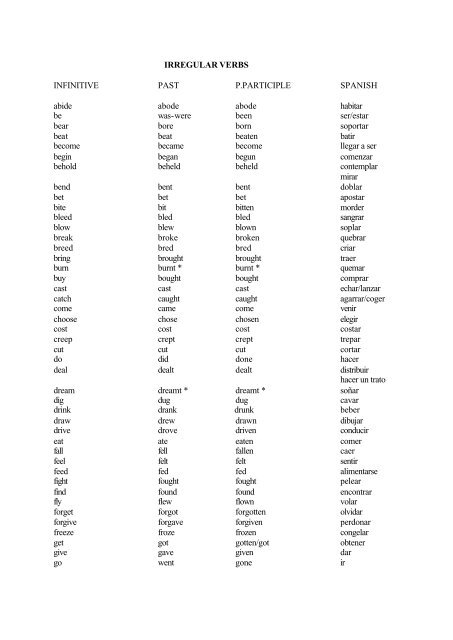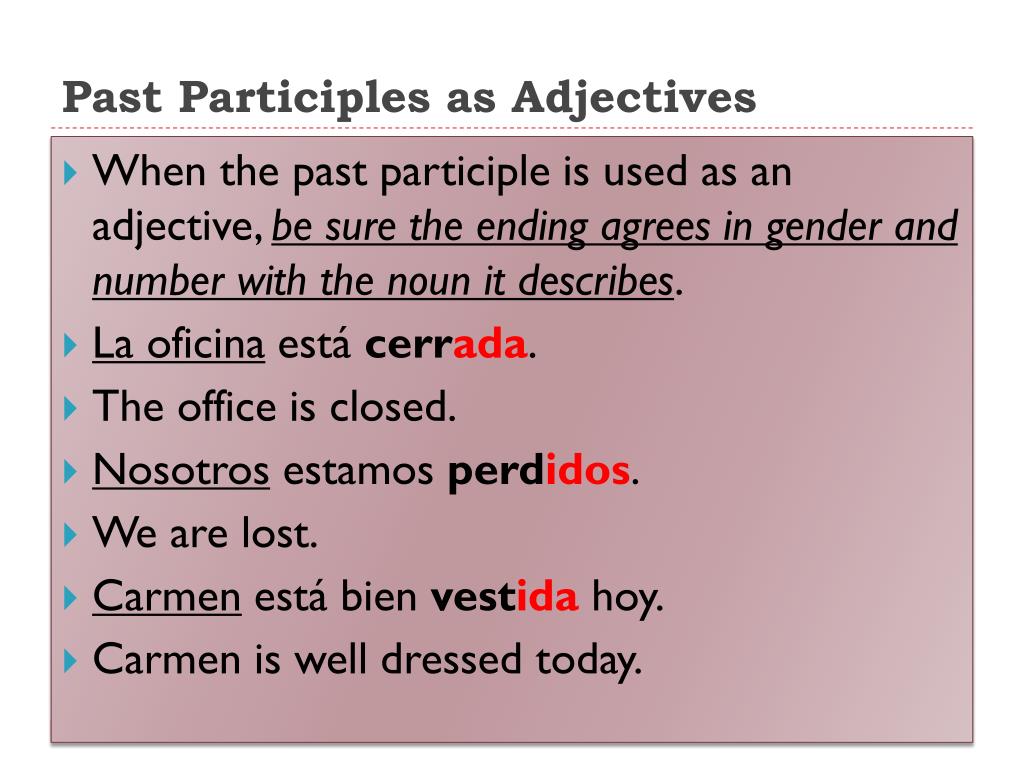

For instance: cuando lleguemos, ya habrán cerrado. The future perfect conjugations of cerrar expresses that a place will close by or before a certain time in the future. To conjugate the past perfect, we use the formula haber (imperfect form) + cerrado (cerrar’s past participle form). Cuando llegué, el restaurante ya había cerrado. The past perfect conjugations of cerrar imply that someone closed something before some other reference point in the past. With this verb, the formula for the present perfect in Spanish is: ‘haber’ in the present tense + cerrado. We use the present perfect of ‘cerrar’ to express that someone has or hasn’t closed something. For example: Bill dijo que si no había gente, hoy cerraría temprano. In the conditional tense, cerrar allows you to talk about things people would close if certain circumstances were met. The future forms of cerrar communicate that someone will close something at some point in the future. The near future is formed with ir (present) + a + cerrar and can be translated as “going to close”. For instance: voy a cerrar la puerta en unos minutos. PersonĬerrar in the near future refers to things you plan to close at some point in the immediate future. In this tense, ‘cerrar’ can be translated as ‘used to close’ or ‘closed’. In Spanish, the imperfect forms of cerrar refer to things people used to close repeatedly or at an unspecified moment in the past. For example: Jill cerró la ventana ayer en la noche. The preterite tense of ‘cerrar’ communicates that something was closed at a specific moment in the past. PersonĬerrar’s preterite conjugations are all regular. In this tense, cerrar can be used to talk about closing doors/ports, objects, or closing hours. The present tense conjugations of cerrar have an E to IE stem-change for all subjects except ‘nosotros’ and ‘vosotros’.

Indicative Conjugations of Cerrar Present tense
PAST PARTICIPLE SPANISH CERRAR DOWNLOAD
Download Cerrar Conjugation Tables & Uses Cheat sheets.Imperative (Commands) of Cerrar Conjugations.Subjunctive Tenses of Cerrar Conjugations.Indicative Tenses of Cerrar Conjugations.Here is a quick overview of what you’ll learn:
PAST PARTICIPLE SPANISH CERRAR HOW TO
Since it has some stem-changes you must keep in mind, in this guide, we’ll explore how to conjugate cerrar in Spanish. Cerrar is a common -AR verb that you’ll use in many different everyday situations.


 0 kommentar(er)
0 kommentar(er)
